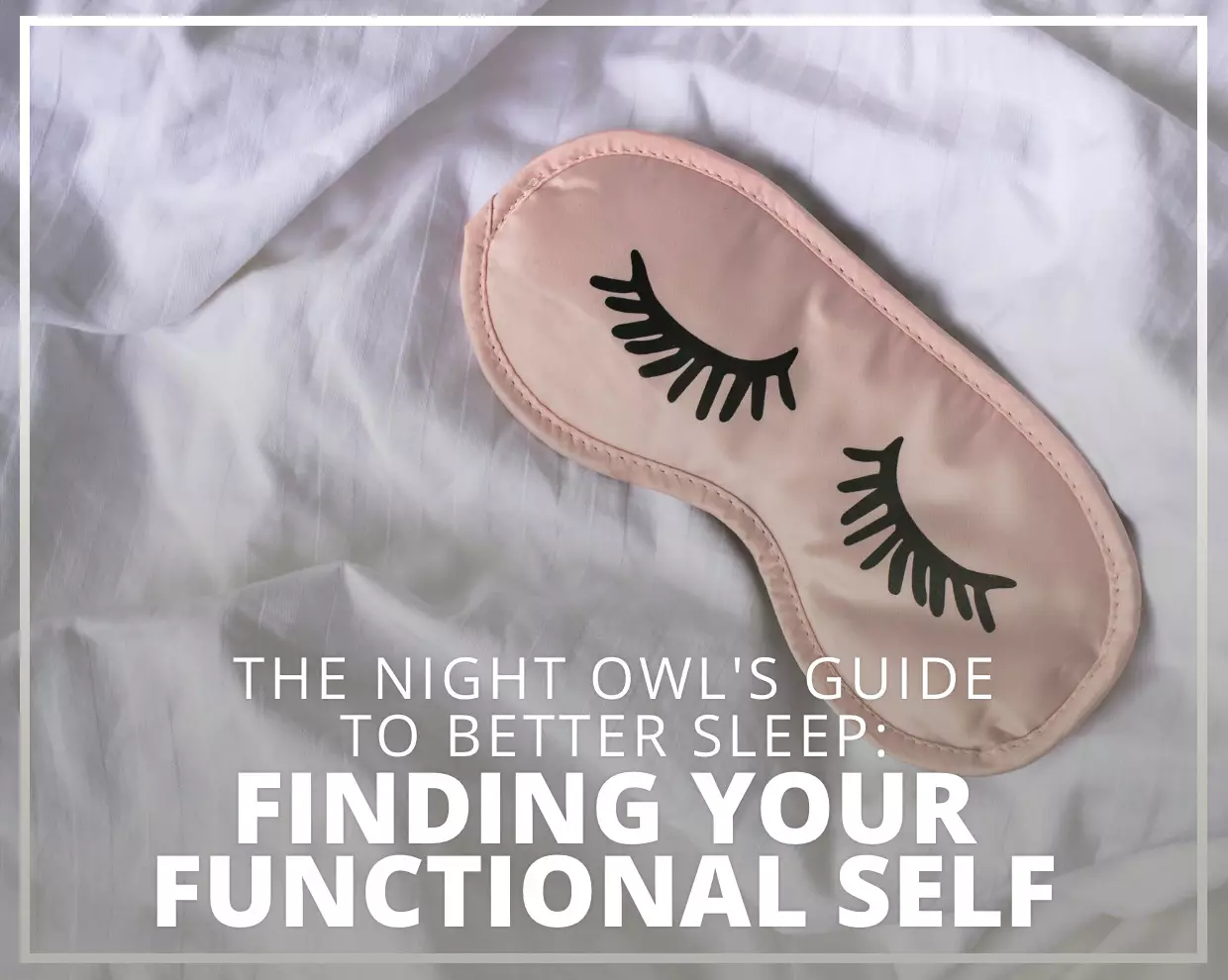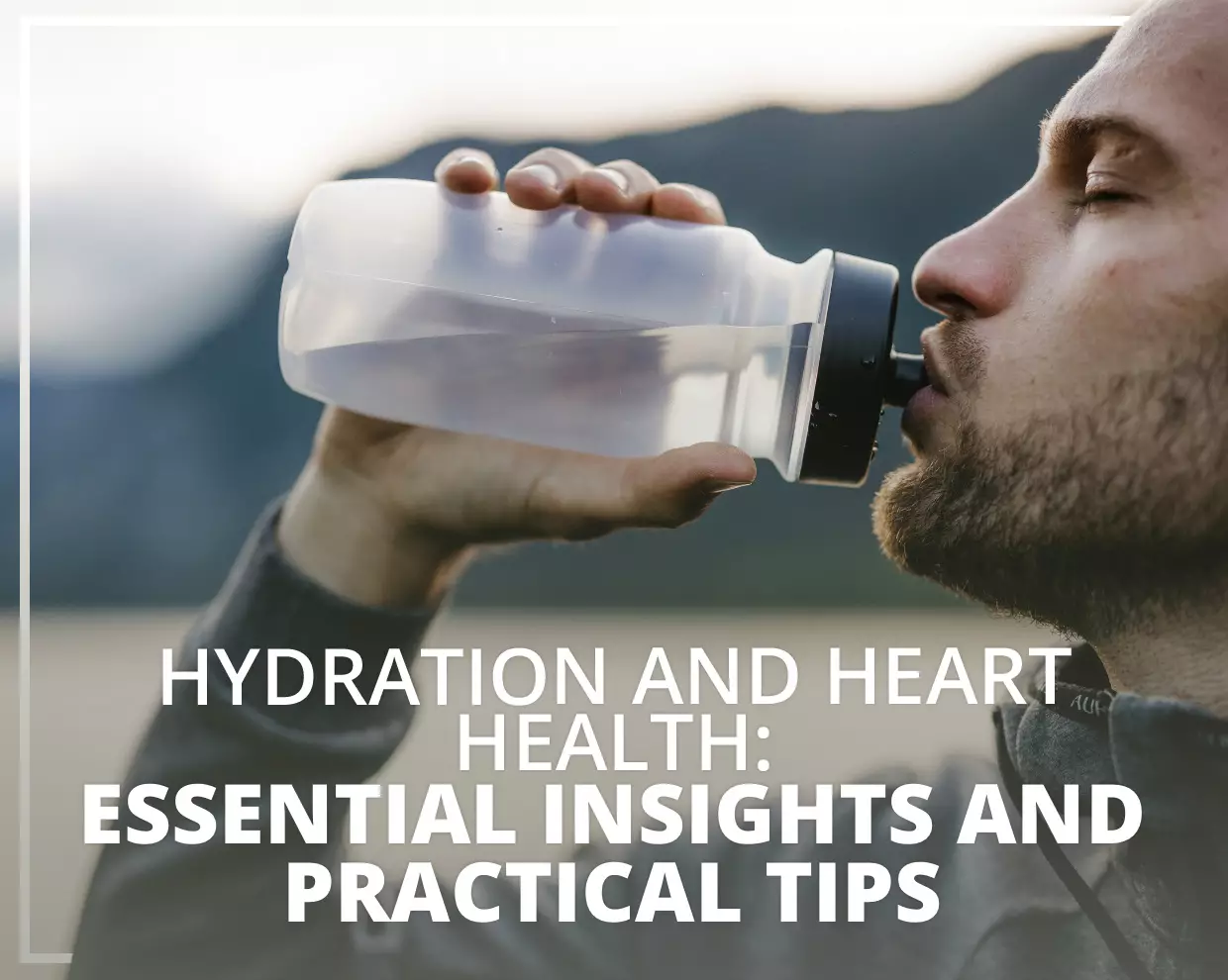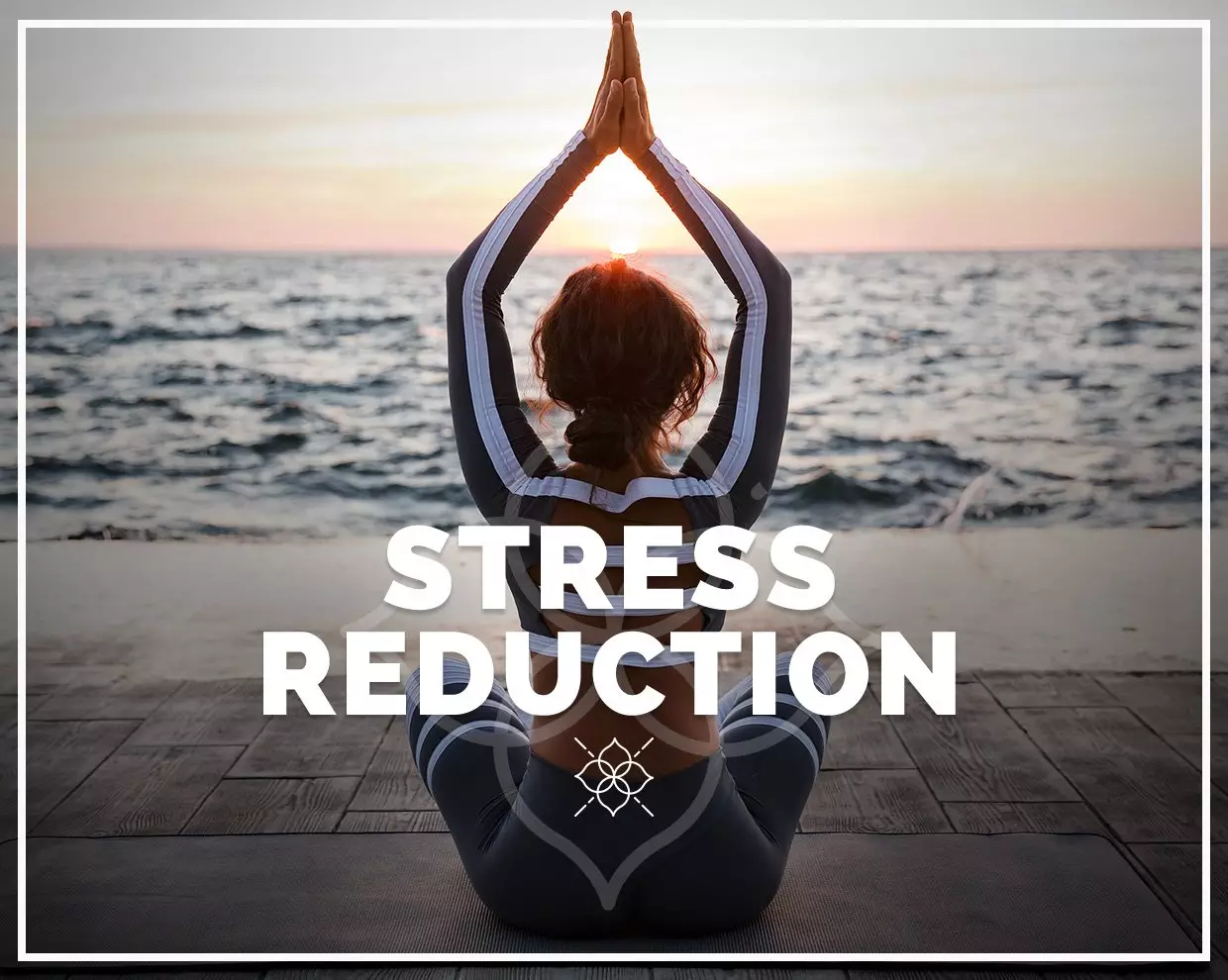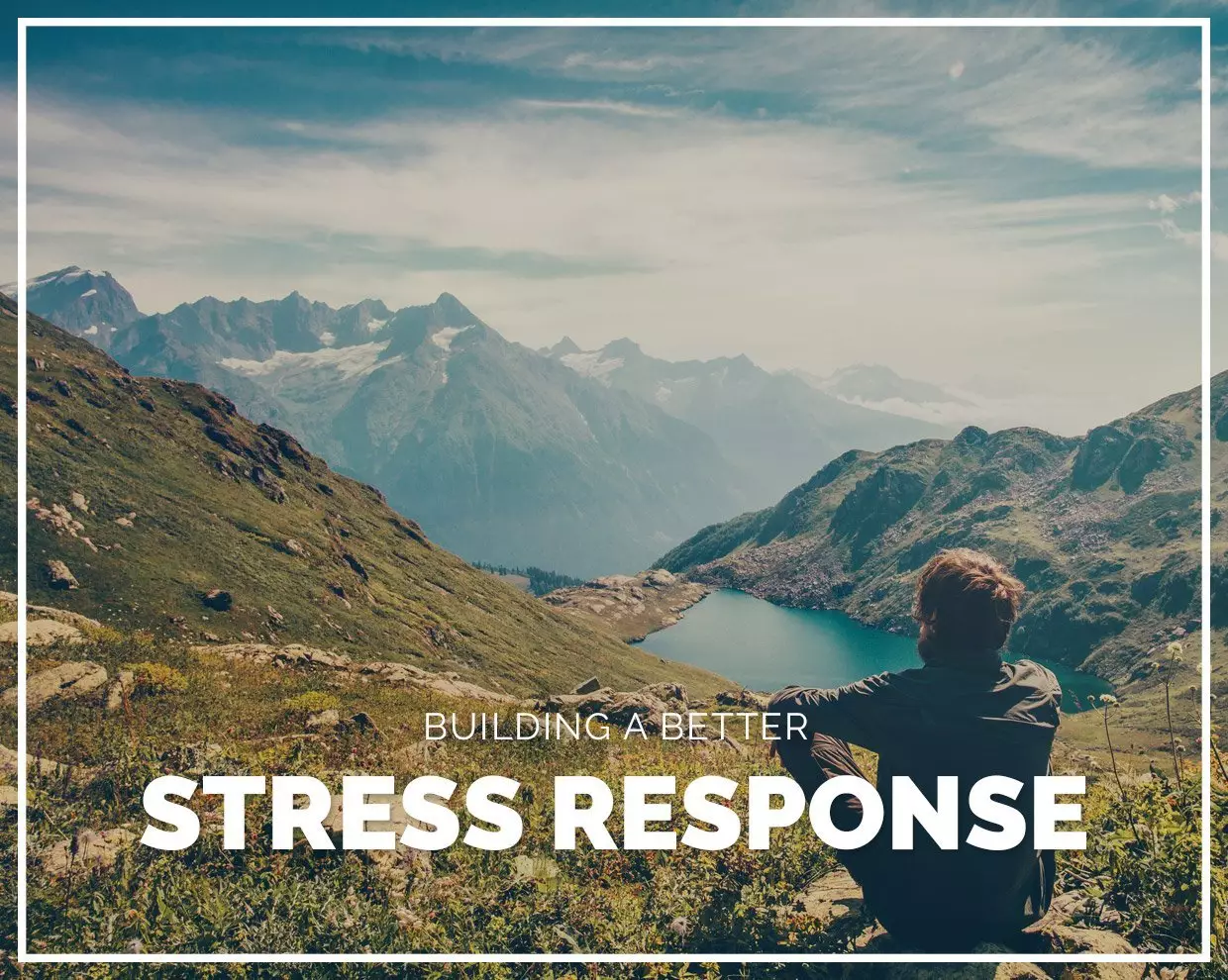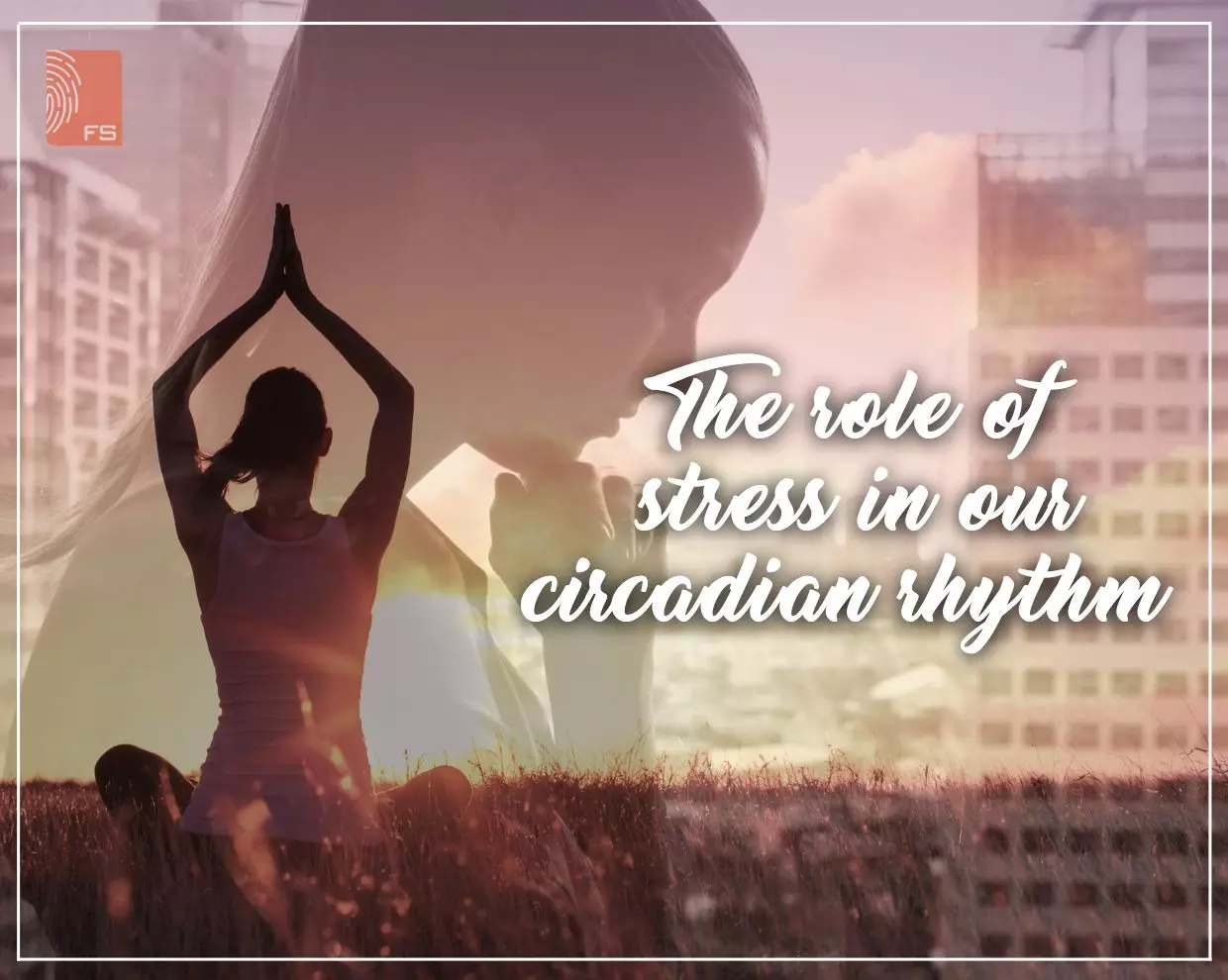Deep sleep is a crucial component of our sleep cycle that allows our bodies to rejuvenate and recover. But how can we ensure we're getting enough of it? This comprehensive guide will provide you with all the information you need.
Understanding Deep Sleep
Deep sleep is the stage of sleep where our bodies do most of their healing and rejuvenation. It's when our bodies repair tissues, build bone and muscle, and strengthen our immune systems. Without enough deep sleep, we can feel groggy and unfocused the next day, often due to exposure to blue light.
How Blue Light Affects Your Sleep
Blue light is part of the spectrum of light that we are exposed to every day. It's emitted in large quantities by electronic devices such as computers, smartphones, and tablets. [2] While blue light is not harmful during the day, excessive exposure in the evening can suppress the production of melatonin, the hormone that signals our body to sleep. [3]
So, does this mean we should shun all electronics post-sunset? Not exactly. While reducing screen time can help, we've got a couple of ace solutions up our sleeves to help combat the blue light bandit.
How to Block Blue Lights
- Block Blue Light - No Blue Amber Book Light. A gem from the Block Blue Light collection, this clever device emits warm, amber light – a sleep-friendly alternative to the blue light emitted by most conventional lighting. [4]
The amber light is free of sleep-disrupting blue and green light, allowing you to enjoy your favourite book or work late into the night without hindering your natural sleep process. It's portable, adjustable, and perfect for creating a cosy, sleep-promoting environment. - TrueDark® – Twilights Elite. These aren't your average pair of glasses. They're specifically designed to filter out the full spectrum of blue, green, and even some yellow light that can interfere with your sleep. [5]
With a stylish and comfortable design, these glasses can be worn in the evening to prepare your body for a restful night's sleep. The Twilights Elite glasses offer a practical and effective solution to managing your exposure to sleep-disrupting light, making them a must-have for anyone serious about improving sleep quality.
Stages of Sleep
Sleep is divided into two main types: REM (rapid eye movement) sleep and non-REM sleep. Non-REM sleep is further divided into three stages, with deep sleep being the third. This is the stage where we're hardest to wake up and where some of the most restorative processes happen.
Factors Affecting Deep Sleep
Lifestyle Factors
Various lifestyle factors can impact our deep sleep, including our diet, exercise habits, and stress levels. Consuming too much caffeine or alcohol, for instance, can disrupt our sleep cycles and reduce the amount of deep sleep we get. Exposure to blue light, especially before bedtime, can also interfere with our sleep.
Health Conditions
Certain health conditions, like sleep apnea and insomnia, can also affect deep sleep. If you suspect you have a sleep disorder, it's important to seek professional help.
Strategies to Enhance Deep Sleep
1. Establishing a Sleep Schedule
One of the best ways to improve your deep sleep is to establish a regular sleep schedule. This means going to bed and waking up at the same time every day, even on weekends.
2. Creating a Sleep-Friendly Environment
Your sleep environment can also play a big role in how much deep sleep you get. A dark, quiet, and cool room can help signal to your body that it's time to sleep. It's also important to block blue light in your environment, especially in the hours leading up to your bedtime. Consider using products like TrueDark® Twilights Elite or BlockBlueLight's Amber Book Light to help block blue light effectively.
3. Diet and Nutrition
Eating a balanced diet can also help improve your sleep. Try to avoid large meals close to bedtime, and be mindful of your intake of caffeine and alcohol.
4. Regular Exercise
Regular physical activity can help you fall asleep faster and spend more time in the deep sleep stage. Just be sure not to exercise too close to bedtime, as this can actually make it harder to fall asleep.
5. Stress Management and Relaxation Techniques
Managing stress and incorporating relaxation techniques into your routine can also help improve your sleep. This can include activities like meditation, deep breathing, and yoga.
When to Seek Professional Help
If you're consistently waking up feeling tired and unrefreshed, it might be a sign that you're not getting enough deep sleep. Other signs can include difficulty concentrating, mood changes, and a weakened immune system.
Consulting a Sleep Specialist
If you've tried various strategies to improve your deep sleep and are still struggling, it might be time to consult a sleep specialist. They can help identify any underlying issues and provide personalized advice.
Conclusion
Getting more deep sleep is crucial for our overall health and well-being. By understanding the factors thataffect deep sleep and implementing strategies to enhance it, we can improve not only our sleep quality but also our daily lives. Remember, blocking blue light, especially before bedtime, can significantly improve your sleep quality.
Frequently Asked Questions
What is deep sleep and why is it important?
Deep sleep is a stage of sleep where our bodies do most of their healing and rejuvenation. It's crucial for our physical health and cognitive functioning.
What factors can affect deep sleep?
Various factors can affect deep sleep, including lifestyle factors like diet and exercise, and health conditions like sleep apnea and insomnia. Exposure to blue light, especially before bedtime, can also interfere with our sleep.
How can I improve my deep sleep?
Improving deep sleep can involve establishing a regular sleep schedule, creating a sleep-friendly environment, eating a balanced diet, exercising regularly, and managing stress. It's also important to block blue light in your environment, especially in the hours leading up to your bedtime.
What are the signs that I'm not getting enough deep sleep?
Signs that you're not getting enough deep sleep can include consistently waking up feeling tired, having difficulty concentrating, experiencing mood changes, and having a weakened immune system.
When should I seek professional help for my sleep issues?
If you've tried various strategies to improve your deep sleep and are still struggling, it might be time to consult a sleep specialist.

 UK Store
UK Store  NZ Store
NZ Store AU Store
AU Store EU Store
EU Store

